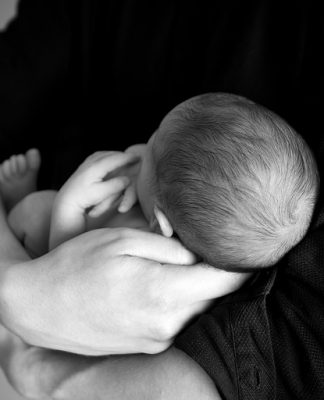Think about the last time you got really upset at your partner. Did your reaction surprise you or your partner? In these situations, it is important to look at the feelings that arise, especially feelings of anger because these are indicators of some deeper issues that are going on inside you.
If the feelings are bigger than the situation, it’s likely a trigger. A trigger is an intense reaction rooted in the past. When you’re “triggered” it feels like a character attack. You feel it in your bones.
For example, your partner is late again and you lose it! You think “Why can’t I be a priority for once?”
This is a trigger because you’re not just mad about his being late. The real culprit is that you are telling yourself that you don’t matter to him! That is what you’re really upset about. And that is why your reaction is so intense – and surprising to the person on the receiving end of it.
This blog gives you three tips on how to handle triggers so they don’t cause problems in your relationship.
Here are some examples.
Examples of triggers
-
Feeling disrespected, criticized, or put down
-
Using a sharp or sarcastic tone of voice
-
Anticipating someone abandoning you
-
Getting reminded of past traumas
There is always a reason you are reacting intensely. Everyone has triggers that are tucked away in childhood, only to surface when you least expect it. Finding out what those triggers are can help you control these reactions before they get out of hand.
1. Find the source
Find the source of the trigger. In order to do this, you’ll need to stop focusing on what the other person is doing (which is the current trigger) and look at what’s going on emotionally. Here are some questions to spark what’s underneath.
-
Are you sitting on old hurts or resentments that you haven’t spoken of?
-
Does their behavior remind you of something in your past?
-
What assumptions or meaning are you assigning to their behavior?
-
Are you reacting in a way that surprises you but feels familiar?
-
When have you felt this way before?
When triggers are especially deep, professional counseling is recommended. You know that you’re being triggered but can’t connect it to anything. Getting outside help can help you make important connections to understand your present reactions.
2. Taking the focus off of them
Handling triggers is all about self-care. Because the emotions are intense, removing yourself is the first course of action. Don’t stay and talk it out. Your emotions will overtake you and cause more problems. Find healthy outlets to calm down and self-sooth first.
Here are some suggested outlets:
-
Get some fresh air
-
Reach out for support
-
Do some vigorous exercise
-
Write in a journal
-
Find an activity that comforts you
3. Communicate what you need
After you calm down, let the other person know what you need. Once you identify the “source” of the trigger, (where it comes from) see how much of your reaction is about the past verse the present. What’s happening now is triggering old feelings that may or may not be true. Check out all assumptions.
For instance, in the example about being late, let them know what triggered you. It would sound like this.
“I felt really scared when you were late because my father wasn’t around much so when you’re late I get afraid that you’ll leave me.”
Don’t blame them for how you feel. Take responsibility for your triggers. In the heat of the moment, it’s easy to think you’re right but getting a reality check can get you back on track.
Final thoughts
If you have experienced any trauma or abuse, you may get triggered more easily. Triggers are by nature intense and can catch you off guard. When they start causing problems like increased tension, depression, or frequent arguments, consider seeking professional help. There are effective therapies such as EMDR, group therapy and exposure therapy that specifically focus on trauma.
There is no reason to suffer in silence if your reactions are causing pain. Everyone has certain triggers that surface especially in intimate relationships but being triggered is something beyond your control. It is a by-product of unresolved hurts that need healing.
Triggers provide an opportunity to heal the past and learn how to take better care of yourself. It takes courage but it’s worth it!
Click here to get your 10 FREE Tips on Transforming Anger Into Loving Connection.




















